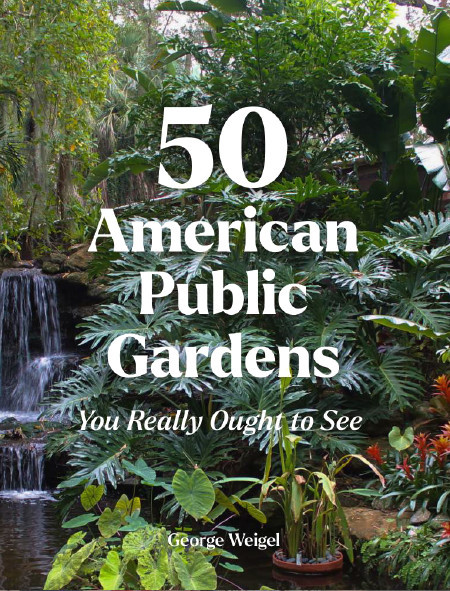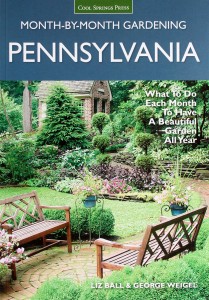Planting in a Pandemic
March 31st, 2020
On the one hand, it’s a plus that this coronavirus pandemic comes at a time when the weather is warming because it allows us to get out in the yard instead of being cooped up in the house for weeks on end.

This is how Snavely’s Garden Corner in Chambersburg pivoted after the governor’s shutdown rules went into effect.
On the other hand, it’s a minus that this coronavirus pandemic comes at a time when the weather is warming because it’s when we’d normally be out there buying and planting most of the year’s new plants.
What a mess this isolating has been on so many fronts. But at least it’s better than the alternative of letting everybody mix uninhibited to wantonly spread a germ that could kill tens of thousands – or more.
Plant nut that I am, I’m willing to delay or even scrap new plants if it helps flatten any curves or makes this surreal nightmare go away.
Things certainly have been crazy and bizarre – for plant-sellers as well as would-be plant buyers.
In an attempt to keep people at home, Gov. Wolf drew up a list of essential vs. non-essential businesses and ordered the non-essentials to shut down. That included garden centers and florists.
I researched an article for PennLive.com and the Patriot-News – aiming to sort out the upshot for gardeners – and quickly realized that the shutdown rules allowed just about everybody to sell plants, except for the businesses that sell plants for a living.
Lowe’s and Home Depot were allowed to keep their garden centers open because they were exempted as being an essential seller of potentially emergency home-repair items.
Hardware stores that often sell young plant starts, onion sets, potting mix, seeds, and the like also got the green light for the same reason.
Grocery stores that sell young plants, hanging baskets, potted flowers, and such were exempted because they needed to stay open to sell essential food.
Walmart was allowed to keep its garden centers open because it was both a food store and a seller of necessary “general merchandise.”
Even farm markets could stay open and keep selling plants because they got an exemption for selling produce.
That left full-service garden centers like Ashcombe’s, Black Landscape Center, Highland Gardens, and Stauffers of Kissel Hill out of business.












